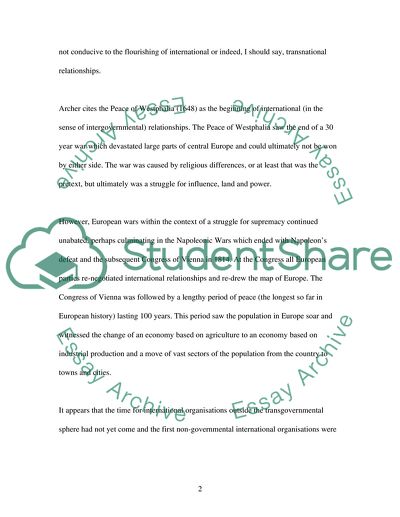Cite this document
(The Difference between the Global Governance Era and Other Periods of Research Paper, n.d.)
The Difference between the Global Governance Era and Other Periods of Research Paper. Retrieved from https://studentshare.org/politics/1731484-how-if-at-all-does-the-global-governance-of-the-post-cold-war-era-differ-from-previous-periods-of-international-organisation
The Difference between the Global Governance Era and Other Periods of Research Paper. Retrieved from https://studentshare.org/politics/1731484-how-if-at-all-does-the-global-governance-of-the-post-cold-war-era-differ-from-previous-periods-of-international-organisation
(The Difference Between the Global Governance Era and Other Periods of Research Paper)
The Difference Between the Global Governance Era and Other Periods of Research Paper. https://studentshare.org/politics/1731484-how-if-at-all-does-the-global-governance-of-the-post-cold-war-era-differ-from-previous-periods-of-international-organisation.
The Difference Between the Global Governance Era and Other Periods of Research Paper. https://studentshare.org/politics/1731484-how-if-at-all-does-the-global-governance-of-the-post-cold-war-era-differ-from-previous-periods-of-international-organisation.
“The Difference Between the Global Governance Era and Other Periods of Research Paper”, n.d. https://studentshare.org/politics/1731484-how-if-at-all-does-the-global-governance-of-the-post-cold-war-era-differ-from-previous-periods-of-international-organisation.


